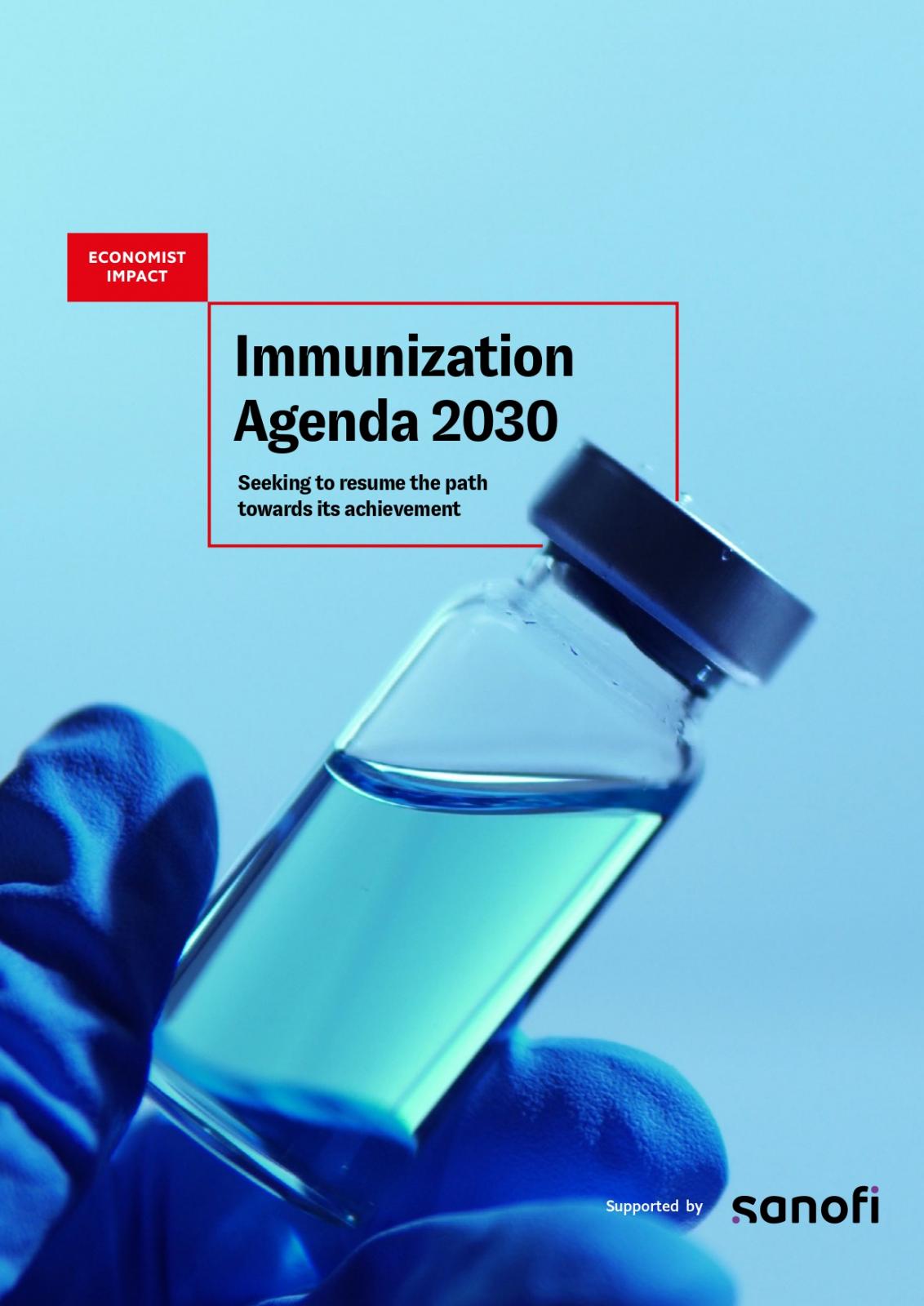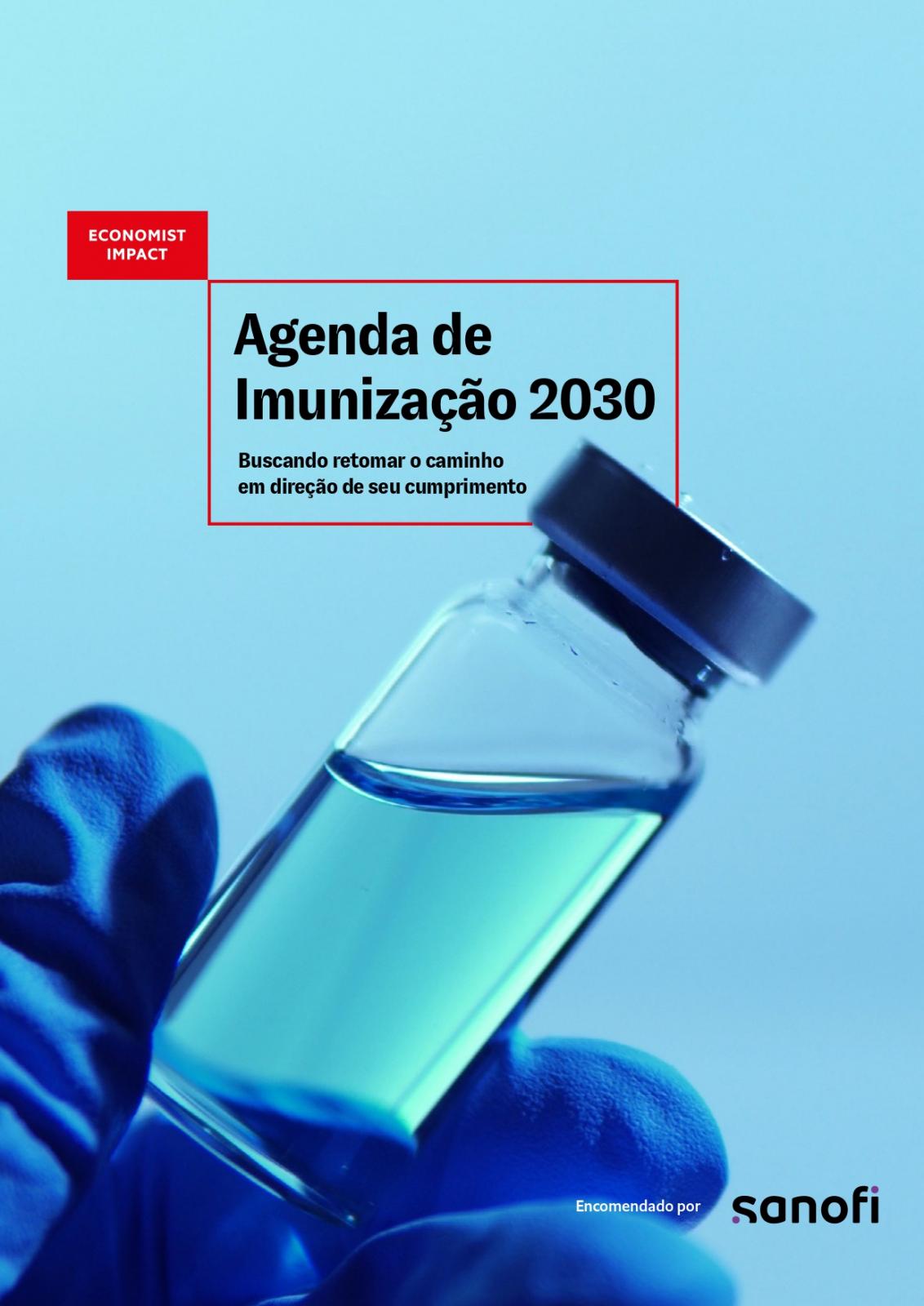Vaccine coverage in Brazil has decreased since 2015. Until the middle of the last decade, it was considered an example for other emerging countries, particularly those of Latin America. This fall has sparked concern among experts and public administrators, not only because of its consequences for the public health, but also because of its implication for the country’s commitments to UN’s Objectives for Sustainable Development for 2030. After all, Brazil is one of the WHO IA2030 signatory countries.
Economist Impact undertook this research to identify the causes for this recent fall and the challenges Brazil faces to resume its vaccine coverage, and to propose a set of actions that support Brazil to get back on track to achieve the goals set by IA2030.This report was built by analysing academic research, governmental documents at federal, state and municipal levels, and interviews with experts, many of whom are former and current public servants.
The National Immunization Programme (Programa Nacional de Imunização, or PNI) is one of the largest and more complex in the world, and faces several challenges, from its complex logistics to acquire, distribute and apply vaccines, the lack of specialized personnel fully dedicated to vaccination, to the challenges of implementing an integrated information system that allows the complete tracking down of the vaccines up to their delivery to the whole population.
Our main finding is that the greatest challenge is the difficulty of public administrators, working at federal, state and municipal levels, to completely visualise the needs of the population, including several specific groups, the vaccination process and the achieved results. This lack of transparency brings inefficiency to the strategic planning and decision process, since they rely on assumptions that may not be based on real facts. As a consequence, resource allocation also becomes inefficient, leading to investments in the vaccination activity that do not convert to efficient, equitable vaccination that would lead to the total elimination of communicable diseases.
In order to bring Brazil back on track to achieve the IA2030 proposed goals, we suggest that the following points should be addressed:
-
Implementation of a fully integrated tracking system to be used by all governmental entities, with qualified personnel to manage it who are appropriately incentivized;
-
Creation of capable teams fully dedicated to the vaccination activity;
-
Investments in infrastructure involved in the logistical process of vaccination in Brazil, including collaborative processes such as public-private partnership models;
-
Re-evaluation of the current formats of vaccination, including the increase of combined vaccines and reduction of multi-dose vials in order to reduce vaccine waste and increase vaccine efficiency;
-
These activities may require resources currently not available in the public sector. For this reason, the private sector involvement, whether through PPPs or joint collaboration for the creation of greater value added contracts for the county, should be taken into account.







